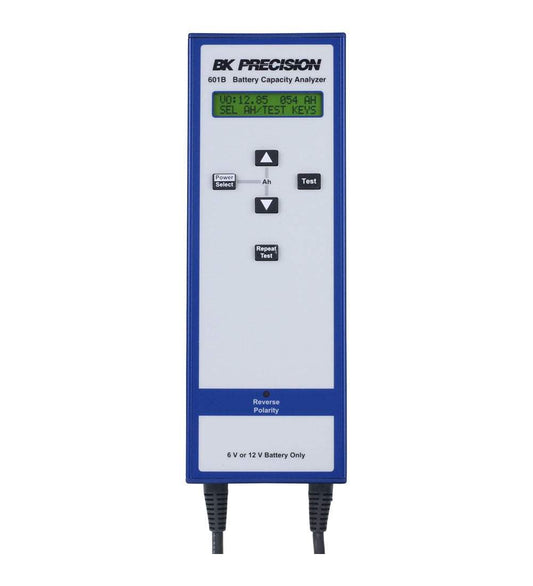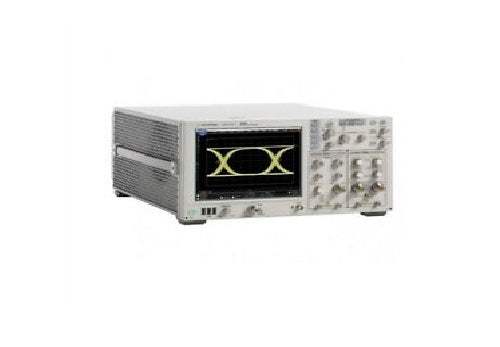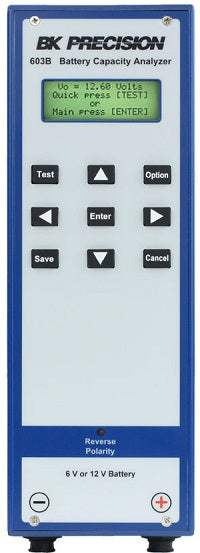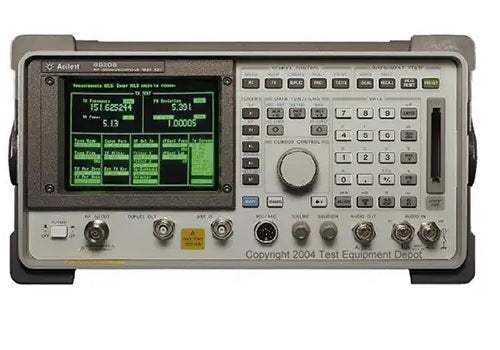Radio frequency (RF) technology is an indispensable part of modern communication systems. For professionals working with RF systems, having the right tools, such as power meters, is crucial. But with options like digital and analog RF power meters available, how do you decide which one to choose? Let's dissect the characteristics of both so that you can make an informed choice.
Digital RF Power Meters: Precision at Its Best
Digital RF power meters have surged in popularity due to their precision and versatility. Equipped with digital display screens, they offer clear readings that reduce the chance of human error. This clarity is vital, especially in high-stakes or delicate tasks. Moreover, they often come with more advanced features, such as data logging and connectivity options, providing a comprehensive insight into RF measurements. Their precision, coupled with advanced features, makes them a favored choice for many professionals.
Analog RF Power Meters: Old-School Reliability
Analog meters, with their classic needle display, have been around for ages. They don't offer the digital clarity of their counterparts but bring forth a distinct advantage: instantaneous response. When monitoring dynamic or rapidly changing signals, the needle's swift movement offers a real-time representation, which some professionals might prefer. Additionally, being relatively simpler in design, they are often more rugged and durable, making them suitable for field applications where robustness is paramount.
Application Specificity: What's Your Priority?
When choosing between digital and analog options, consider the nature of your work. For tasks requiring high precision, data logging, or integration with other digital systems, a digital RF power meter is unparalleled. On the other hand, if you're handling tasks where real-time tracking is more important or if you're often out in the field with rough conditions, an analog meter might be your best bet.
Cost Considerations: Budgeting for Your Needs
Last but not least, budget often plays a role in decision-making. Analog meters, due to their simpler design, tend to be more budget-friendly. Digital RF power meters, with their plethora of advanced features, generally come at a higher price point. However, it's essential to weigh the cost against the benefits and the specific requirements of your tasks before finalizing a decision.
Now that you know how to choose between digital and analog RF power meters, the decision boils down to your specific needs and preferences. Both options have their merits and cater to different scenarios. Remember to factor in precision, real-time response, applications, and budget. With this knowledge in hand, you're all set to make a choice that aligns perfectly with your professional requirements.







